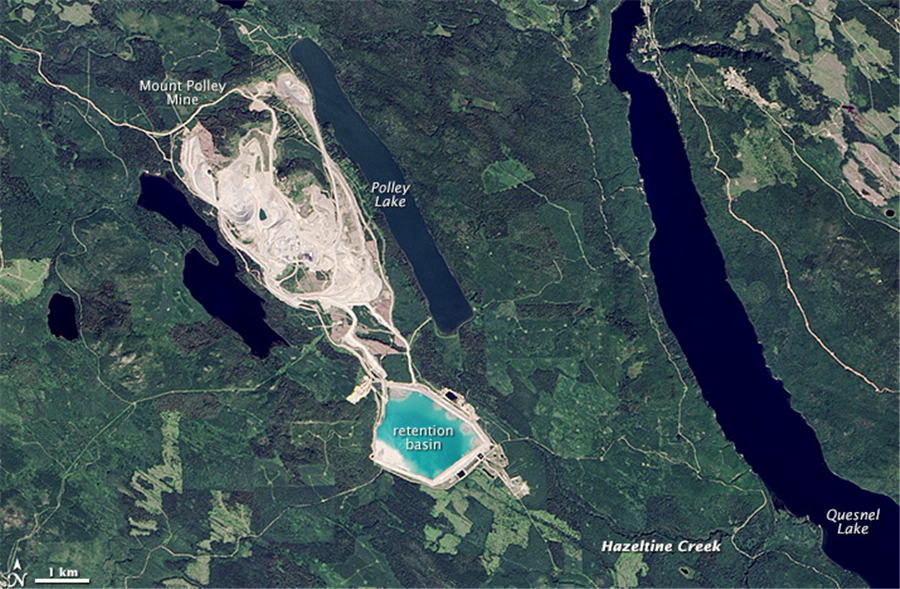Ecofiscal Commission urges Govt’s to make environmental disasters less likely by closing gaps in policy

Canada’s Ecofiscal Commission today released a new report, Responsible Risk: How putting a price on environmental risk makes disasters less likely.
Environmental disasters — for example, train derailments, tailings pond failures, or oil spills — are infrequent, but also potentially costly. The economic activity that drives our prosperity comes with risk to the environment. We cannot eliminate that risk, but we can do more to manage it. Putting a price on environmental risk is key to doing so.
From a policy perspective, managing risk means getting incentives right. Firms already want to avoid disasters and environmental damage, given costs to their reputation and their bottom line. But those incentives are sometimes insufficient.
Gaps in existing policies — we call them “liability gaps” — mean that firms are not always held fully accountable. These gaps can shift risk—and any related costs of environmental damage—away from firms and onto taxpayers. For example, firms that declare bankruptcy might be unable to pay the full costs of clean up, leaving society to cover the rest of the bill.
When firms do not bear the full cost of potential environmental damage, they have less incentive to reduce risk. As a result, industrial disasters might be more likely to occur.
Better financial assurance policies— for example, cash deposits, insurance, and industry funds — address this problem by putting a price on environmental risk. They create incentives for firms to reduce risk. They ensure that taxpayers do not end up bearing the costs of environmental damage, should those unlikely disasters occur. And they support economic activity by harnessing market forces to achieve these objectives at lowest cost.
The report today unpacks both the problem of un-priced environmental risk and potential solutions. It identifies five types of liability gaps that can result in firms’ not bearing the full cost of potential environmental damage. It shows how financial assurance can address these gaps, and considers the tradeoffs across different financial assurance tools. And it develops a detailed case study of financial assurance in Canada’s mining sector, evaluating current provincial policies in Yukon, British Columbia, Alberta, Ontario, and Quebec.
The Commission found that the mining sector isn’t required to have financial assurance for disasters, like Mount Polley. So that is a major gap in provincial mining policies. Other sectors must carry a billion in financial assurance, either directly or through industry funds.
Quick Facts
- Anniversaries of recent disasters this summer:
- Lac-Mégatic, Quebec derailment of July 6th, 2013 (5 years)
- Husky Energy oil spill in Saskatchewan of July 21st, 2016 (2 years)
- Mount Polley tailings-pond dam rupture in British Columbia on August 4th, 2014 (4 years).
- Related environmental risk stories
- Trans Mountain pipeline debate
- Redwater Energy Corp. case on abandoned oil wells with the Supreme Court of Canada
- Oil sand tailings management plans that don’t fulfil Alberta Energy Regulator’s Directive 085
The report and related materials are available at ecofiscal.ca/risk.
{{ commodity.name }}
{{ post.title }}
{{ post.date }}




Comments